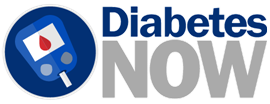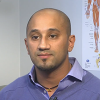Premier - Local Sleep Specialist
-
Diabetes and Sleep Apnea
If you have diabetes, sleep apnea can make it more difficult to manage your diabetes. This is because when your breathing pauses while you sleep, there is an increase in carbon dioxide in your blood. This leads to: Insulin resistance so that the body doesn’t use insulin effectively
-
Sleep Apnea - Most Common Treatment - CPAP - Diabetes
If you have diabetes and sleep apnea, then a sleep apnea machine might be a viable treatment option for you. The most common treatment for sleep apnea, surprisingly, is a machine that you have to wear at night.
The pressure in the mask is blowing into your airway, and it prevents the tissue and the jaw from blocking your airway. Therefore, you go into a deep sleep, you feel rested, you wake up feeling refreshed.







